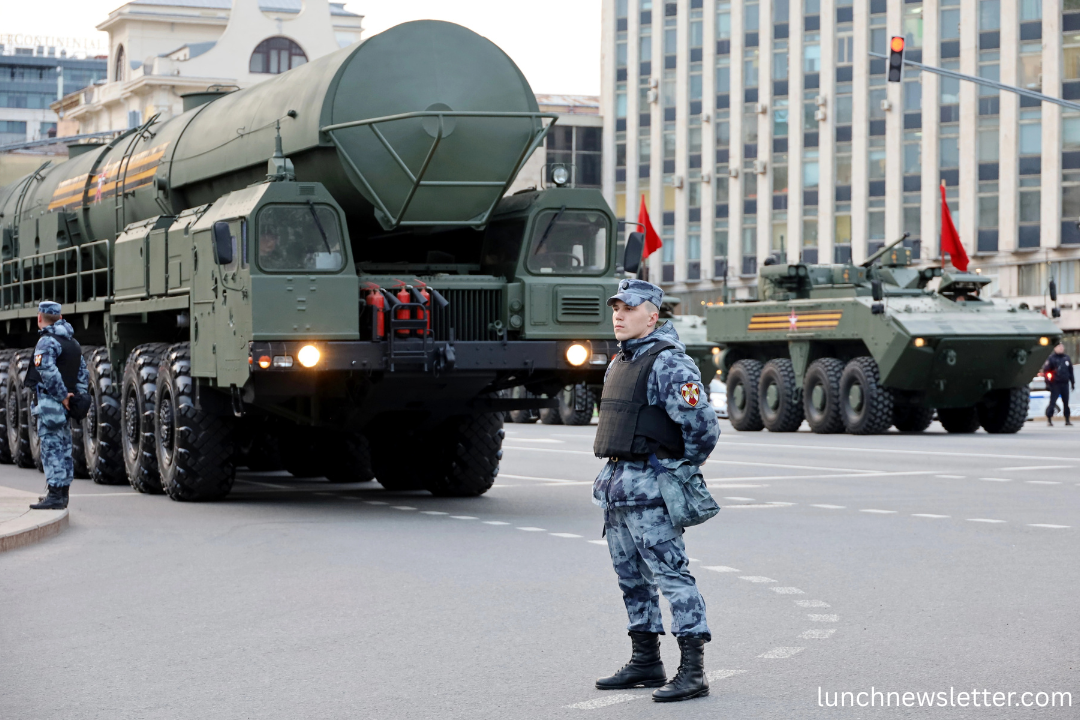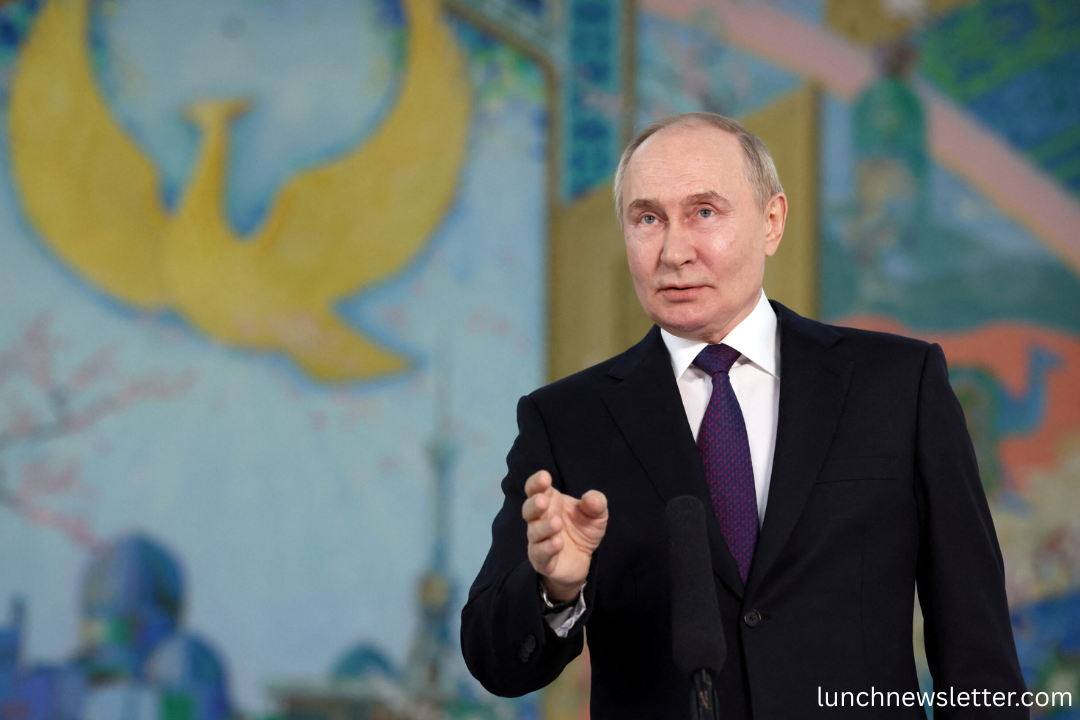Putin asserted that Russia possesses the strength and means to bring the Ukraine conflict to a “logical conclusion” without the use of nuclear weapons. He highlighted the nation’s military capabilities and resources as sufficient to meet its goals in the region. This statement comes amid ongoing hostilities and a complex geopolitical landscape.
Revised Nuclear Doctrine and Thresholds
In November 2024, Russia updated its nuclear doctrine, lowering the threshold for nuclear weapon use. The revised policy allows for atomic retaliation in response to conventional attacks by non-nuclear states supported by nuclear-armed allies. This change has raised concerns among international observers about the potential for escalation in the Ukraine conflict.
International Reactions and Diplomatic Efforts
The international community has expressed apprehension regarding Russia’s nuclear posture. Ukrainian officials have condemned Putin’s statements, urging global leaders to take his atomic threats seriously. Efforts to negotiate ceasefires have been met with skepticism, with Ukraine advocating for more substantial and longer-term agreements.
Humanitarian Impact and Ongoing Hostilities

The Ukraine conflict has resulted in significant humanitarian challenges, including civilian casualties and infrastructure damage. Recent attacks have caused injuries and fatalities, exacerbating the crisis. Both sides continue to engage in military operations, with limited progress toward a lasting resolution.
Frequently Asked Questions (FAQs)
What did Putin say about nuclear weapons in the Ukraine conflict?
Putin stated he hopes there will be no need to use nuclear weapons in the Ukraine conflict, emphasizing that Russia can achieve its goals through conventional means.
Has Russia changed its nuclear weapons policy?
Yes, in late 2024, Russia revised its nuclear doctrine to allow nuclear retaliation against conventional attacks by non-nuclear states allied with atomic powers.
Why is the Ukraine conflict still ongoing?
The conflict persists due to unresolved territorial disputes, failed negotiations, and the strategic objectives of both Russia and Ukraine, which remain incompatible.
What is the humanitarian situation in Ukraine?
The Ukraine conflict has led to tens of thousands of civilian deaths, mass displacement, and critical shortages of food, water, and medical supplies.
How is the international community responding to Putin’s comments?
World leaders have expressed concern, warning that even mentioning nuclear weapons escalates tensions. Many countries continue to push for diplomatic solutions.
Are nuclear weapons likely to be used in the Ukraine conflict?
Although Russia has lowered the threshold for nuclear use, most experts believe nuclear escalation remains unlikely due to its catastrophic global consequences.
What military actions are currently taking place?
Fighting continues in eastern and southern Ukraine, with both Russian and Ukrainian forces engaged in intense ground battles and drone warfare.
What can be done to de-escalate the Ukraine conflict?
Diplomatic engagement, ceasefire agreements, and third-party mediation by international bodies like the UN or Turkey could help ease tensions and promote peace.
Conclusion
While President Putin’s remarks suggest a preference to avoid nuclear escalation, the revised doctrine and ongoing military actions underscore the volatility of the Ukraine conflict. The international community remains vigilant, emphasizing the importance of diplomatic solutions to prevent further deterioration of the situation.
